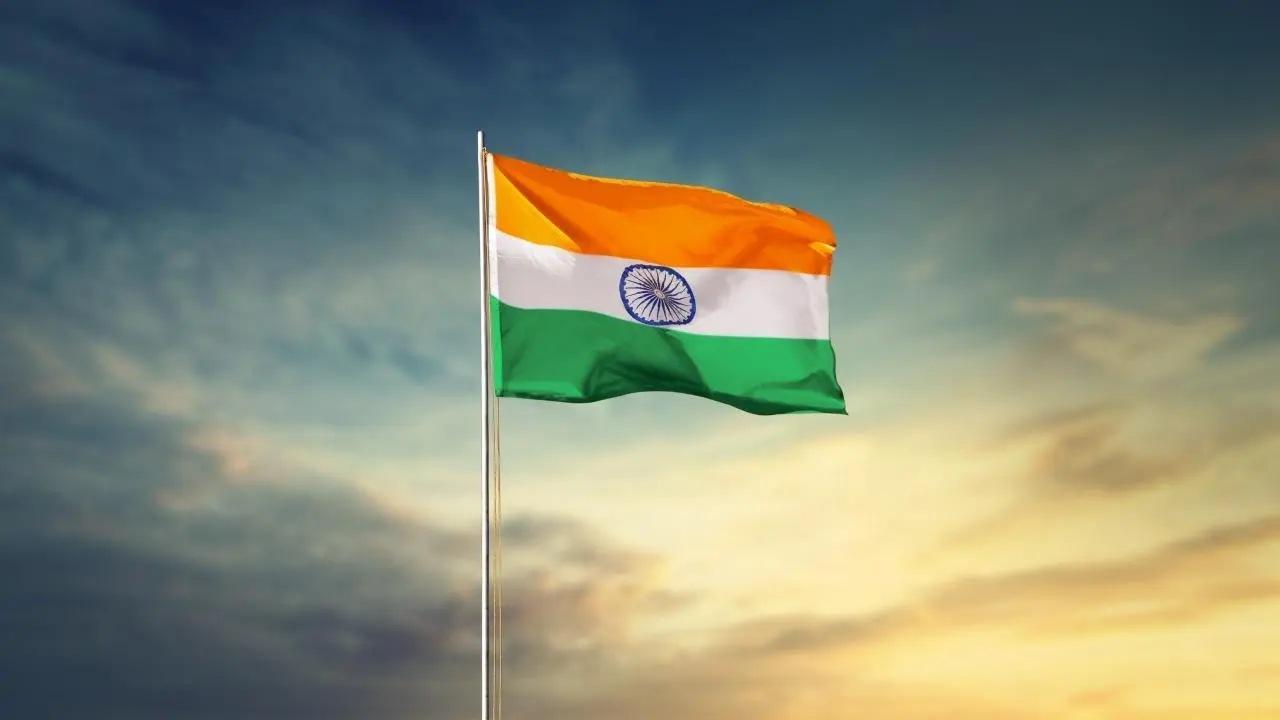Here is a concise overview of the Indian National Movement, highlighting its key phases and influential leaders

Representative image
The Indian National Movement stands as a testament to the unwavering determination and collective efforts of the Indian people to break free from the shackles of British colonial rule. Spanning several decades and encompassing a multitude of political, social, and cultural movements, this struggle ultimately culminated in India's long-awaited independence on August 15, 1947. Here is a concise overview of the Indian National Movement, highlighting its key phases and influential leaders:
Early Movements and Leaders:
The roots of the Indian National Movement can be traced back to the early phase where visionary leaders advocated for social reform, political awareness, and the rights of Indians within the colonial framework. Notable figures during this era include:
Raja Ram Mohan Roy (1772-1833): Revered as the "Father of the Indian Renaissance," Roy championed social and religious reforms. His establishment of the Brahmo Samaj aimed to eradicate superstitions and promote rational thinking.
Dadabhai Naoroji (1825-1917): Known as the "Grand Old Man of India," Naoroji founded the Indian National Congress (INC) and highlighted the economic exploitation of India through his "Drain of Wealth" theory.
Bal Gangadhar Tilak (1856-1920): A fierce nationalist leader, Tilak played a significant role in the Swadeshi Movement and the Home Rule Movement. His slogan "Swaraj is my birthright and I shall have it" became an iconic rallying cry.
Swami Vivekananda (1863-1902): A philosopher and spiritual leader, Vivekananda introduced Indian thought to the world. He stressed self-confidence and self-reliance for India's resurgence.
Also read: Independence Day 2023: India's achievements post-independence
Annie Besant (1847-1933): A British supporter of Indian self-rule, Besant bridged the gap between Indian and British supporters of Indian nationalism.
Gopal Krishna Gokhale (1866-1915): A prominent moderate leader in the INC, Gokhale focused on constitutional reforms, education, and social reform.
Formation of Indian National Congress (INC):
The Indian National Congress, founded in 1885, marked a pivotal step in the Indian National Movement. Initially an association of the educated elite, the INC provided a platform for Indians to voice their grievances and demand reforms. Over the years, it evolved from seeking gradual reforms to advocating complete independence.
Non-Cooperation Movement (1920-1922):
Led by Mahatma Gandhi, the Non-Cooperation Movement aimed to challenge British rule through nonviolent protest and boycotting British institutions and products. It created a spirit of unity and sacrifice among Indians, although its intensity waned due to its suspension in 1922.
Civil Disobedience Movement (1930-1934):
Under Gandhi's leadership, the Civil Disobedience Movement aimed to challenge unjust laws and policies through nonviolent resistance. It included the iconic Salt March and disrupted British administration. The movement showcased the power of peaceful resistance and played a vital role in India's independence struggle.
Quit India Movement (1942):
The Quit India Movement, launched by the INC under Gandhi's leadership, demanded an end to British rule in India. The movement faced brutal repression, but it demonstrated Indians' unwavering determination to achieve independence. It paved the way for the eventual transfer of power in 1947.
Mountbatten Plan and Independence:
The Mountbatten Plan for the Partition of India led to the creation of India and Pakistan in 1947. Despite achieving independence, the partition process was marred by violence and displacement, leaving a complex legacy that continues to impact the region.
The Indian National Movement was a journey of resilience, sacrifice, and unity. Its leaders, strategies, and sacrifices laid the foundation for modern India's democratic values, secularism, and commitment to self-reliance. This movement remains a symbol of the power of nonviolent resistance and the relentless pursuit of freedom.
 Subscribe today by clicking the link and stay updated with the latest news!" Click here!
Subscribe today by clicking the link and stay updated with the latest news!" Click here!










